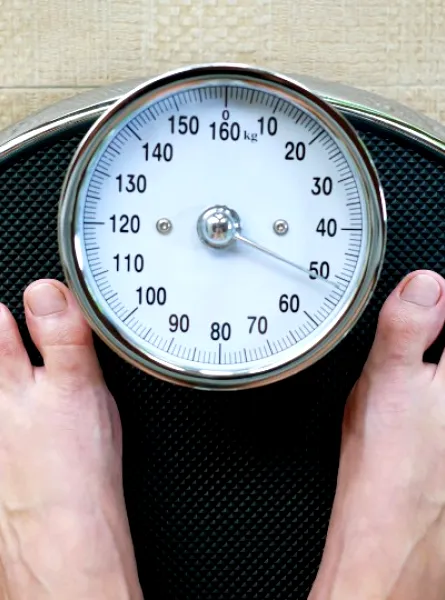
No, that’s a myth. This way of classifying the food that surrounds us is well anchored in our culture and it’s therefore necessary to demystify it.
Moral Value
There is no moral value associated with food. In terms of morality, everything that can be eaten is equivalent. The problem is that over the years, some foods have been singled out as being very dangerous for our health (without good reasons), while others have been almost glorified. For example, we can hear that chocolate cake is to be avoided, but that kale is fantastic for us!
The other problem is the tendency to associate a certain merit to people who only eat what we consider to be good food. Feeling proud if you eat what you think is a superfood and/or feeling guilty if you eat sweets is in fact associating a moral value to food. And that only has one effect: to make us feel guilty for no reason!
Nutritional Value
However, not all foods are equal in terms of nutritional value. Some foods keep us satisfied for longer, while others give us more pleasure or provide more energy. However, we must remember one thing: our health does not depend entirely on what we eat. And eating healthy does not mean eating exclusively foods that we consider healthy.
Seeing All Foods As Equal
When we eat, we make choices. And we can only make those choices fully when we start recognizing all foods as equal. This allows us to put morality aside and focus on the signals our body sends us, such as hunger and satiety signals.
For example, if we are extremely hungry, eating a small bowl of fruit may not be enough. A hamburger might be a better option to satisfy our hunger: it will provide more proteins and fats that will sustain us longer. Here, we don't base our choice on the fact that eating an hamburger will make us feel ashamed, but rather on the fact that we need to feed our body with the nutrients it needs (in this case, calories that will provide energy).
So Is Anything Bad?
The definition of good food varies from person to person. The general rule? Anything you eat is considered a good food. The only reason that some foods could be classified as bad is if we are allergic or intolerant to them, if they are disliked, or if they are rotten. Other than that, any food can and should be classified as good!
Questioning how we perceive food and our relationship with it can be difficult for some of us. Fortunately, a dietitian can help you see things more clearly!





